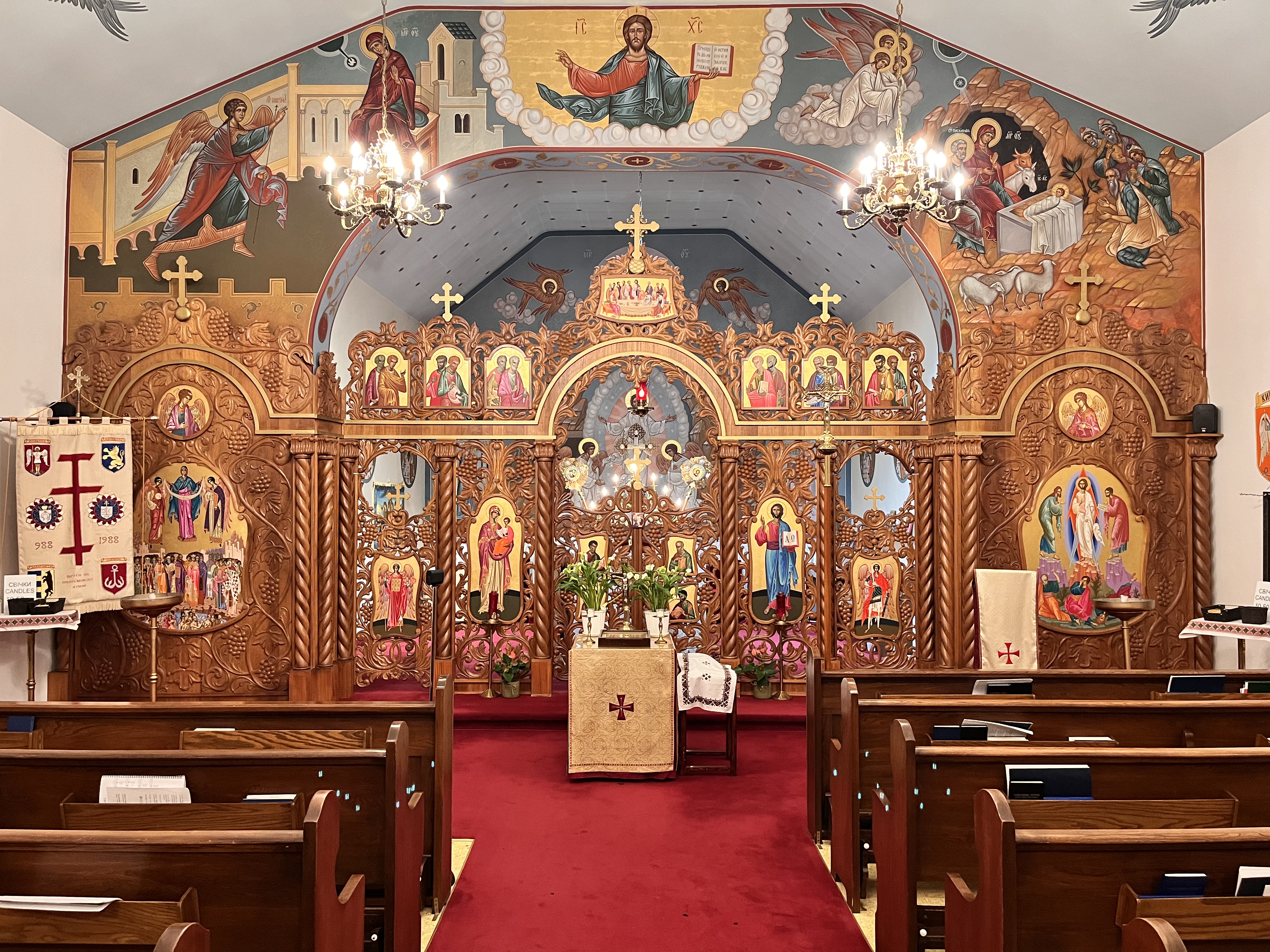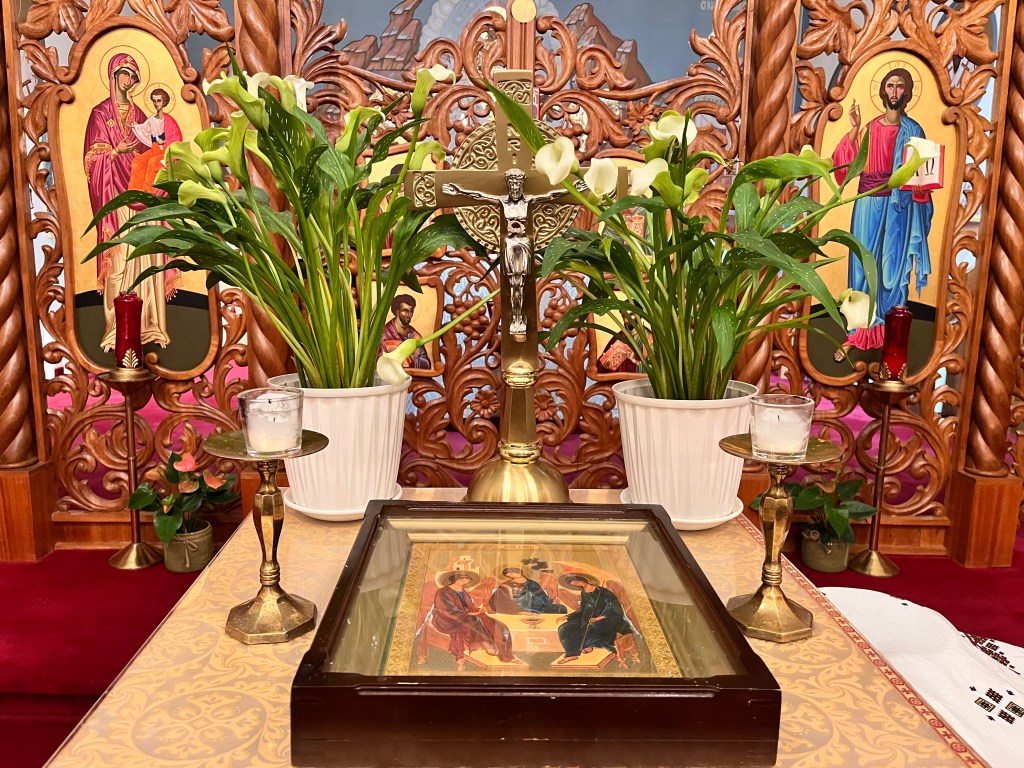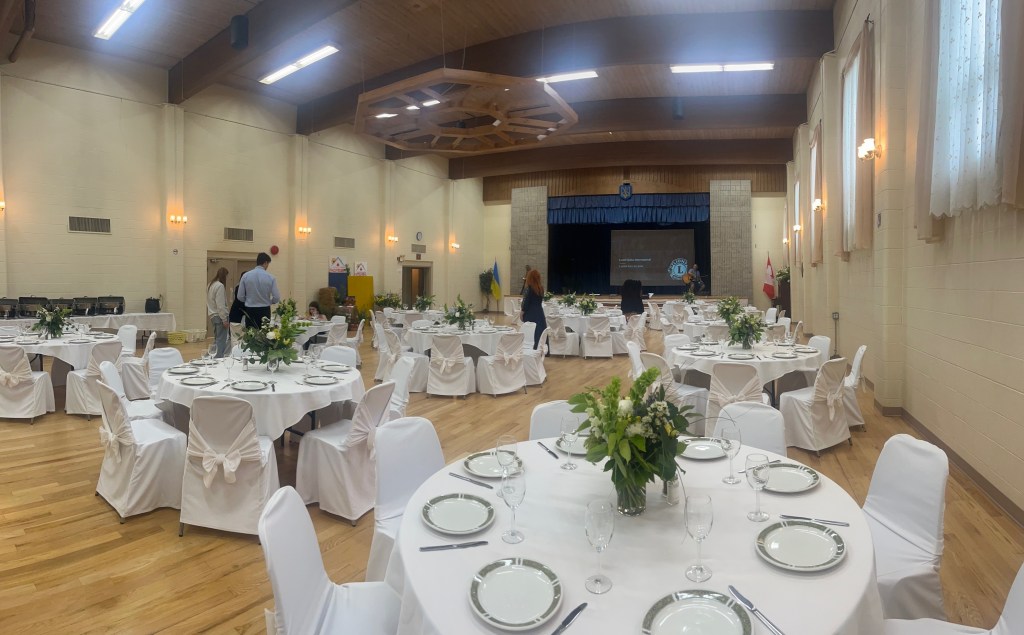
Our Tradition
The Ukrainian Greek Catholic Church (UGCC) is an Eastern Catholic Church in full communion with the Apostolic See. By the number of its faithful (more than 5.5 million), it is the largest in the world of all 23 Eastern Churches in the Catholic community and the second largest after the Latin Church. It is led by His Beatitude Sviatoslav, the Major Archbishop of Kyiv and Halych. It has its own rite, which is derived from the Constantinople tradition, and it preserves the liturgical, theological, spiritual and disciplinary heritage of this tradition in the culture and historical circumstances of its people.
As a part of the ancient Kyivan Church, the UGCC seeks to restore its original unity. In the social and civic life of its faithful, it defends the right of the Ukrainian people to their independent unified state and the establishment of a vibrant civil society in it; it implements a large number of charitable and community projects in Ukraine and abroad.
The UGCC has a continuous hierarchical succession since the official baptism of Rus-Ukraine and the establishment of the church structure on its territory.

Hall & Kitchen
We are a friendly community and always welcome new members.
That’s why we often gather in our hall to have a good time together or take part in a cultural event.


Discover a world of possibilities
Our parish has various church groups. Here you can find yourself according to your age and interests.
Our services

Every Sunday we celebrate the Holy Liturgy, where you can glorify God in your prayers and partake of the Holy Body and Blood of our Lord.

The Holy Mysteries of the Church are physical signs that confer and reveal an invisible reality. It is through the Holy Mysteries that one participates in the life of Christ.
From the blog







